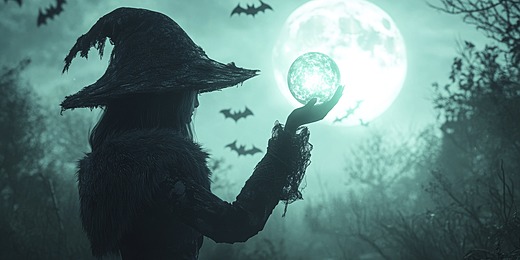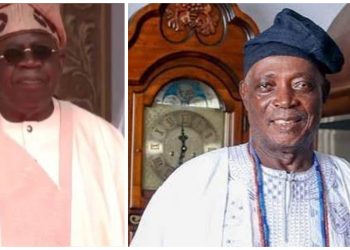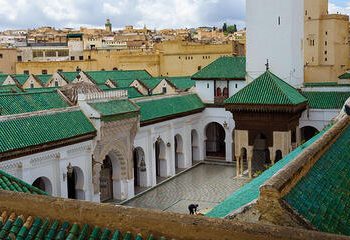When most people hear the word witchcraft, they think of curses, fear, and evil. But that view largely comes from European interpretations that were introduced during colonialism and missionary campaigns.
In many African societies, African traditional spirituality included forms of what outsiders later labelled as “witchcraft” — but these practices were not always negative.
In fact, they were deeply rooted in community values, healing, protection, and justice. Understanding the original African meaning behind these practices reveals a more balanced — and far less sinister — picture.
Healers, Not Harmers
Before colonial times, many African communities had spiritual practitioners who acted as healers, advisors, and protectors.
These individuals were known by various names: babalawo among the Yoruba, sangoma among the Zulu, and nganga in Central Africa.
While outsiders often lumped them together under the term “witch doctor,” their role was more complex.
They used herbs, prayers, and rituals to treat illnesses, foresee future events, and resolve disputes.
These spiritual leaders were respected, not feared. Their knowledge was passed down through generations, and they were considered essential to the wellbeing of their people.
This positive role is a major part of African traditional spirituality, which values balance between the spiritual and physical worlds.
Good vs. Bad Magic
African belief systems often made a clear distinction between good and bad spiritual practices.
The good kind — sometimes called white magic — was used for healing, protection, fertility, and rain-making. The harmful kind — which might bring sickness or death — was discouraged and often punished.
For example, among the Shona people of Zimbabwe, a n’anga (traditional healer) could be consulted to identify someone practicing harmful magic.
But the healer themselves was not feared — they were considered a force for good.
The colonial era ignored this difference, branding all African spiritual practices as “evil” or “savage.”
This blurred the line between respected healers and those suspected of causing harm.
Colonial Demonisation
European colonisers and missionaries brought with them a strict Christian worldview.
To them, any form of spirit worship or ritual outside the Bible was labelled demonic.
This view was pushed aggressively in sermons, schools, and laws.
What had once been respected as spiritual science became labelled as devil-worship.
In some areas, traditional practitioners were arrested or executed.
Colonial laws in places like Kenya and Nigeria banned the use of “witchcraft,” often without understanding what it really meant in African context.
This misunderstanding damaged the public image of African traditional spirituality, leaving behind fear and confusion.
Witchcraft and Justice: African Traditional Spirituality
In precolonial Africa, spiritual practices also played a role in justice.
Trials involving spiritual tests were used to resolve land disputes, theft, or even murder.
This was not blind superstition — it was part of a larger moral and ethical code.
The community believed that the spiritual world could reveal truth when human eyes failed.
People respected this system because it emphasised social balance, not just punishment.
A Shift in Perspective
Today, many African communities are returning to their spiritual roots, separating the harmful stereotypes from their cultural heritage.
In South Africa, for example, sangomas are now recognised under national health regulations and even work alongside modern doctors.
Younger Africans are also re-exploring ancestral practices, seeing them as part of identity, not shame.
Whether it’s herbal healing, ancestor reverence, or dream interpretation, these traditions are once again finding space in modern life.
Conclusion: African Traditional Spirituality
African traditional spirituality shows that witchcraft was never simply about evil.
It included healing, wisdom, protection, and justice.
The colonial misunderstanding of these practices led to fear and rejection, but history proves that Africa’s spiritual systems were far more balanced and meaningful.
Reclaiming this knowledge means reclaiming pride in culture.






